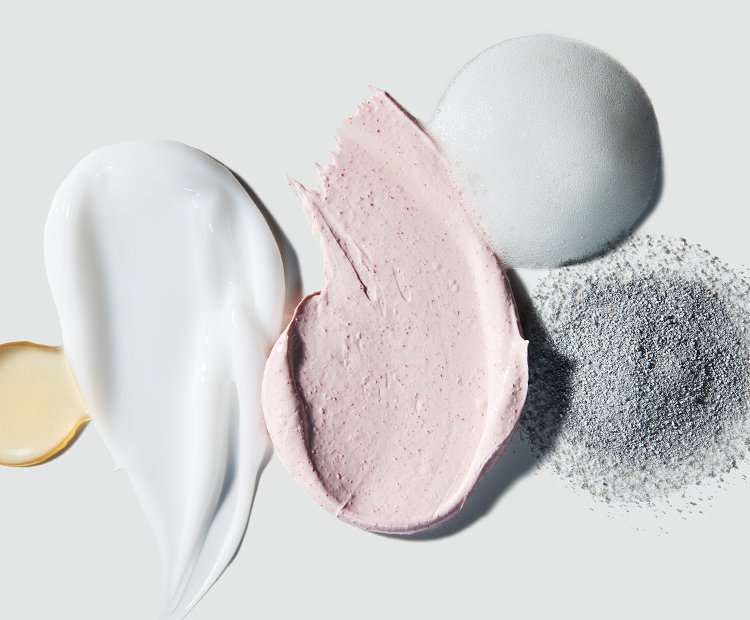Unlocking the Skin Benefits of Black Seed Oil: Nature's Secret for Radiant Skin
Black seed oil, also known as black cumin seed oil or nigella sativa oil, is extracted from the seeds of the Nigella sativa plant, which is native to southwest Asia. It has been used for centuries in traditional medicine practices, particularly in the Middle East, Africa, and Asia.
Black seed oil is known for its potential health benefits and is often used for various purposes, including:
Antioxidant Properties: Black seed oil contains compounds like thymoquinone, which exhibit antioxidant properties, helping to protect cells from damage caused by free radicals.
Anti-inflammatory Effects: It has been suggested that black seed oil may have anti-inflammatory properties, which could help alleviate symptoms of conditions such as arthritis.
Antimicrobial Activity: Some studies suggest that black seed oil may possess antimicrobial properties, which could help fight against bacteria, viruses, and fungi.
Potential Immune System Support: There is some evidence to suggest that black seed oil may support the immune system, possibly due to its antioxidant and anti-inflammatory effects.
Skin Health: Black seed oil is sometimes used topically for skin conditions like eczema and acne due to its purported antibacterial and anti-inflammatory properties.
Hair and Scalp Health: Some people use black seed oil topically on their hair and scalp to promote hair growth and improve scalp health.
It’s important to note that while black seed oil has been used traditionally for various purposes and some studies suggest potential benefits, more research is needed to fully understand its effects and mechanisms of action. As with any supplement or natural remedy, it’s advisable to consult with a healthcare professional before incorporating it into your routine, especially if you have any underlying health conditions or are taking medications.

How does black seed oil help the skin in particular?
Black seed oil is believed to offer several benefits for the skin, making it a popular ingredient in skincare products and for topical application. Some of the ways it may help improve skin health include:
Moisturizing: Black seed oil is rich in fatty acids, such as linoleic acid and oleic acid, which help to hydrate and moisturize the skin. Regular application of black seed oil can help maintain the skin’s moisture barrier, preventing dryness and improving overall hydration.
Anti-inflammatory: Compounds found in black seed oil, such as thymoquinone, have demonstrated anti-inflammatory properties. This can help reduce redness, swelling, and irritation associated with inflammatory skin conditions like acne, eczema, and psoriasis.
Antibacterial and Antifungal: Black seed oil has shown antimicrobial properties, which can help combat bacteria and fungi that contribute to skin infections and acne breakouts. Applying black seed oil topically may help reduce the risk of infections and promote clearer skin.
Antioxidant Protection: The antioxidants present in black seed oil, including thymoquinone, help protect the skin from damage caused by free radicals. Free radicals can accelerate skin aging and contribute to the development of wrinkles, fine lines, and other signs of premature aging.
Wound Healing: Some studies suggest that black seed oil may promote wound healing by accelerating the repair process and reducing inflammation. It may help soothe minor cuts, scrapes, and burns while supporting the skin’s natural healing mechanisms.
Acne Treatment: Due to its antibacterial, anti-inflammatory, and moisturizing properties, black seed oil is sometimes used as a natural remedy for acne. It can help unclog pores, reduce inflammation, and regulate sebum production, leading to clearer skin over time.
When using black seed oil for skincare, it’s essential to perform a patch test first to check for any adverse reactions. Additionally, it’s best to use pure, cold-pressed black seed oil or products containing high-quality black seed oil for optimal results. If you have any existing skin conditions or concerns, consult with a dermatologist before incorporating black seed oil into your skincare routine.

what we recommend:
Here are the black seed oil products we would recommend:
to sum up...
In conclusion, black seed oil offers various potential benefits for skin health, making it a popular ingredient in skincare products and for topical application. Its moisturizing properties help hydrate the skin, while its anti-inflammatory and antimicrobial effects can reduce redness, swelling, and irritation associated with inflammatory skin conditions like acne, eczema, and psoriasis. Additionally, black seed oil provides antioxidant protection, supports wound healing, and may aid in the treatment of acne. However, more research is needed to fully understand its effects and mechanisms of action. As with any skincare product or natural remedy, it’s important to perform a patch test and consult with a healthcare professional or dermatologist before incorporating black seed oil into your skincare routine, especially if you have any existing skin conditions or concerns.


